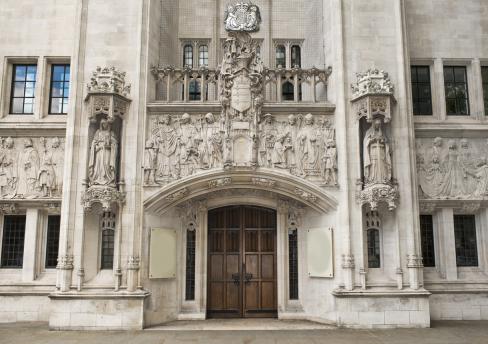
One area of practice where clarity by the government will be essential is whether directors are going to be held to all the same standards during this crisis as they are in any other recession.
One thing that seems clear so far is that this is not like any other recession. It affects everyone and the impact on businesses has little to do with the strength of the business, it simply has to do with how much impact a government imposed shutdown has on the sector in which that business operates. In other words, while economic strength is still important, that may not be enough for some businesses and luck plays a far greater role than it typically would in a recession.
Directors of otherwise healthy businesses will be trying to get their business through these dark times to sunnier skies on the other side because another likely difference between this economic downturn and others is that when the government restrictions are lifted the economy may well bounce back much more aggressively. The upturn may be as pronounced as the downturn. So holding on and not taking formal insolvency measures may be a good strategy even if that means that directors are doing what would otherwise be regarded as optimistic trading.
In good times, of course, if optimistic trading goes too far and directors are ploughing on regardless of the interests of creditors when it is readily apparent from their cashflow or balance sheet that their business would be unable to avoid insolvency then they risk falling foul of the wrongful trading provisions under section 214 of the Insolvency Act 1986. These provisions still apply today. But should they? Extreme situations often require extreme solutions. In Germany, the government has suspended insolvency filing requirements for directors. In other jurisdictions, such as Australia the government is being called upon to suspend insolvency/wrongful trading laws entirely.
Insolvency lawyers at PwC and Norton Rose Fulbright are among those who have called for the change. However, others have been more cautious advising that protecting businesses from insolvent trading laws will have a knock-on effect on other businesses who are owed money. What the government would be giving with one hand, it would be taking away with the other.
One thing that is clear, however, is that there needs to be a discussion on these points. We would welcome the thoughts of other lawyers, business and insolvency practitioners alike as to what steps can reasonably be introduced in order to protect directors who are trying to keep their business going through these difficult times.
The content of this webpage is for information only and is not intended to be construed as legal advice and should not be treated as a substitute for specific advice. Morton Fraser LLP accepts no responsibility for the content of any third party website to which this webpage refers. Morton Fraser LLP is authorised and regulated by the Financial Conduct Authority.









